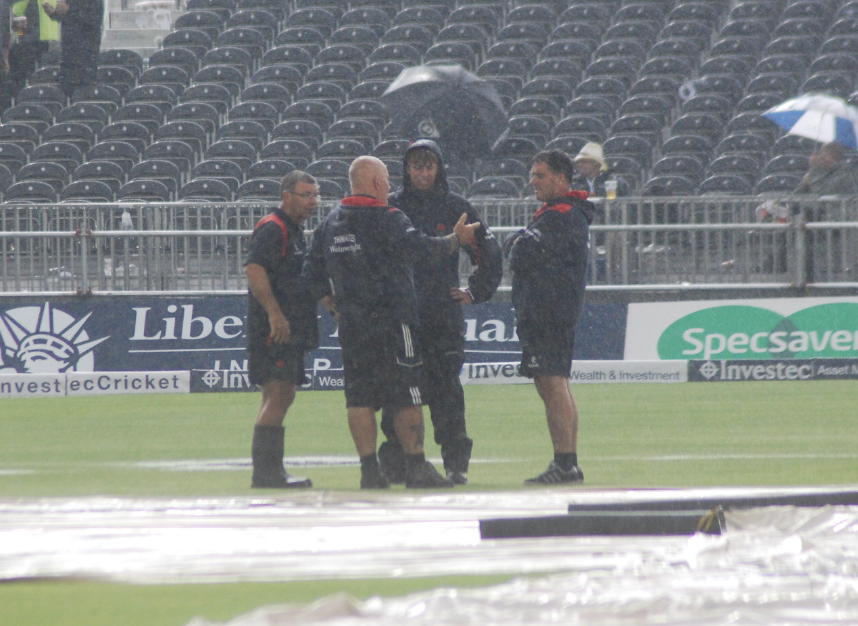Keeping a Weather Eye on Sewage Treatment
There’s increasing evidence that our weather is becoming more erratic, with widely-reported recent examples of extreme rain.
Given the potential of extreme rainfall to affect any sewage system, what implications does this have for you?

As a septic tank owner, you’re probably more aware of the function of waste drainage than those who access the standard drainage ‘grid’. And if you have even a basic understanding of the process, you’ll also know that the conditions that a septic tank can find most challenging are those that involve increased groundwater or, worse, flooding.
The UK is famous for its unpredictable weather, sitting as it does, under the ever-present Jet stream weather system. When the system flexes north, we tend to experience Mediterranean weather, when it swoops further south, we’re exposed to Arctic currents. But there’s evidence that our climate is becoming even more erratic – and that may have implications for your septic tank.
July 2023 provided one of many recent examples of extreme rainfall. Manchester is renowned for its tendency to rain but statistically, it can expect around 64mm (two and a half inches) of rainfall for the whole month of July. During the 4th Ashes Test at Old Trafford, a similar amount fell in a single weekend, leading to localised flooding and ruining England’s hopes of an Ashes victory. In nearby Preston, 80mm fell in a single day.
Of course, we’ve always had blips like this in our weather – no-one would pretend otherwise. But what we’re only just beginning to appreciate is that instances like this appear to be happening more often. And how often do we see something ‘extreme’ happening before it starts to be considered ‘not extreme’?
These are questions for humanity as a whole but the question that any septic tank owner is invited to consider is this: Can my system deal with a month’s worth of rain in a single day?
On Page 11 of the Government’s pamphlet ‘Flooding From Groundwater’, the following advice appears:
Septic tanks and cess pits Septic tanks are private systems which trap solids and then discharge semi-treated fluid to soakaways or land drains. These systems frequently have problems when groundwater levels rise and it may be necessary to hire portable facilities.
Adding a pump to the outlet side of the tank may help keep your system operational and pump the sewage to high ground above the groundwater table. You must contact the Environment Agency if you want to do this as you will need a ‘consent to discharge’. The design of pumped sewerage systems is quite complex and you should always seek specialist advice.
Cess pits are sealed tanks which store five or six week’s worth of waste. If these are well built, they should not be a problem. Rising groundwater will test the integrity of the structure and small leaks may occur which will quickly fill the tank.
Mayglothling are specialists with decades of experience. Not only can we help in the event of a flood-related incident, we can also assess your system and advise on how best to minimise the risk of such problems, before they happen.
If the Great British Weather really is starting to give you more to worry about, as a septic tank owner, allow us to help you fight back.
Book your service or collection with us today.